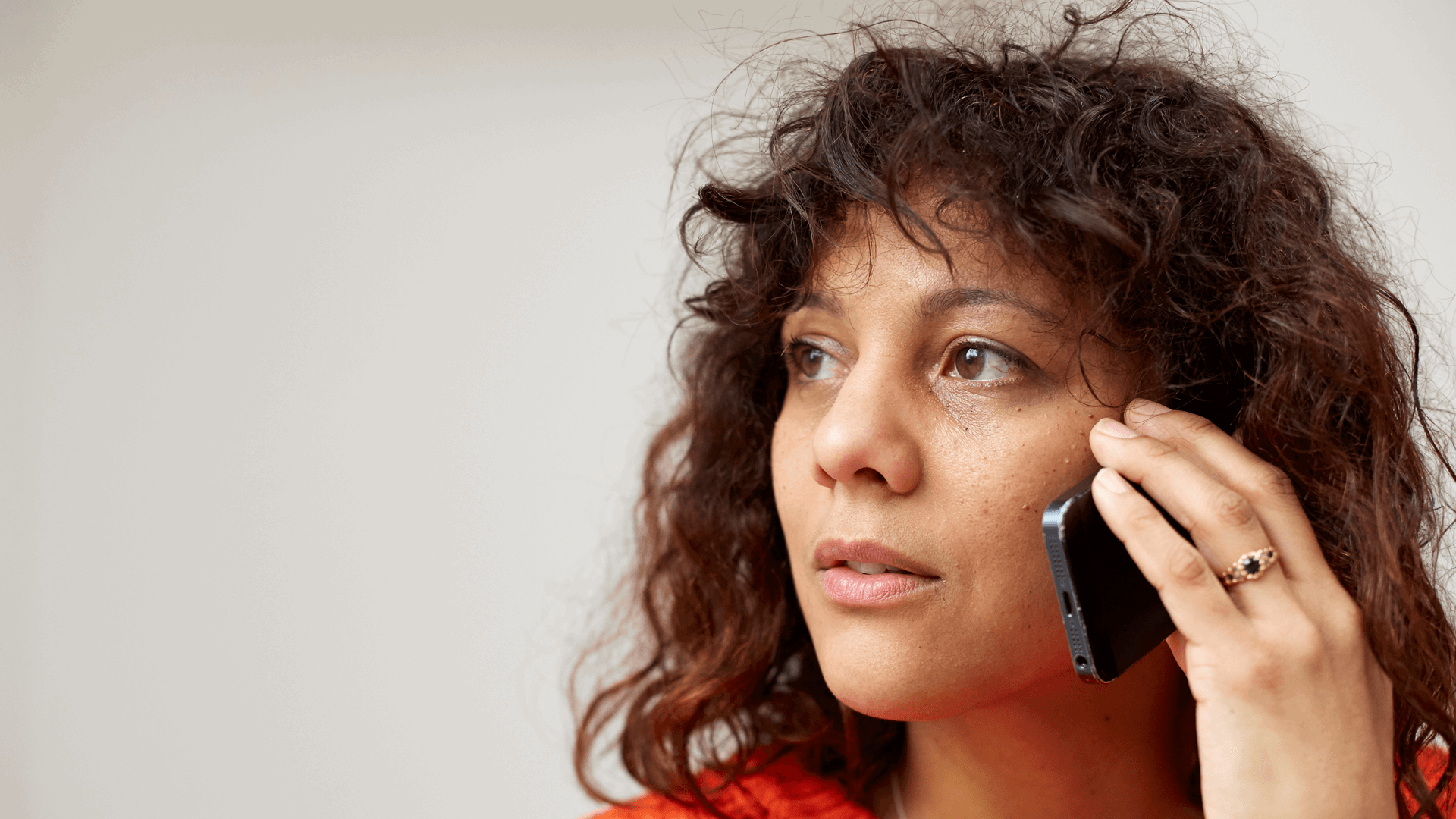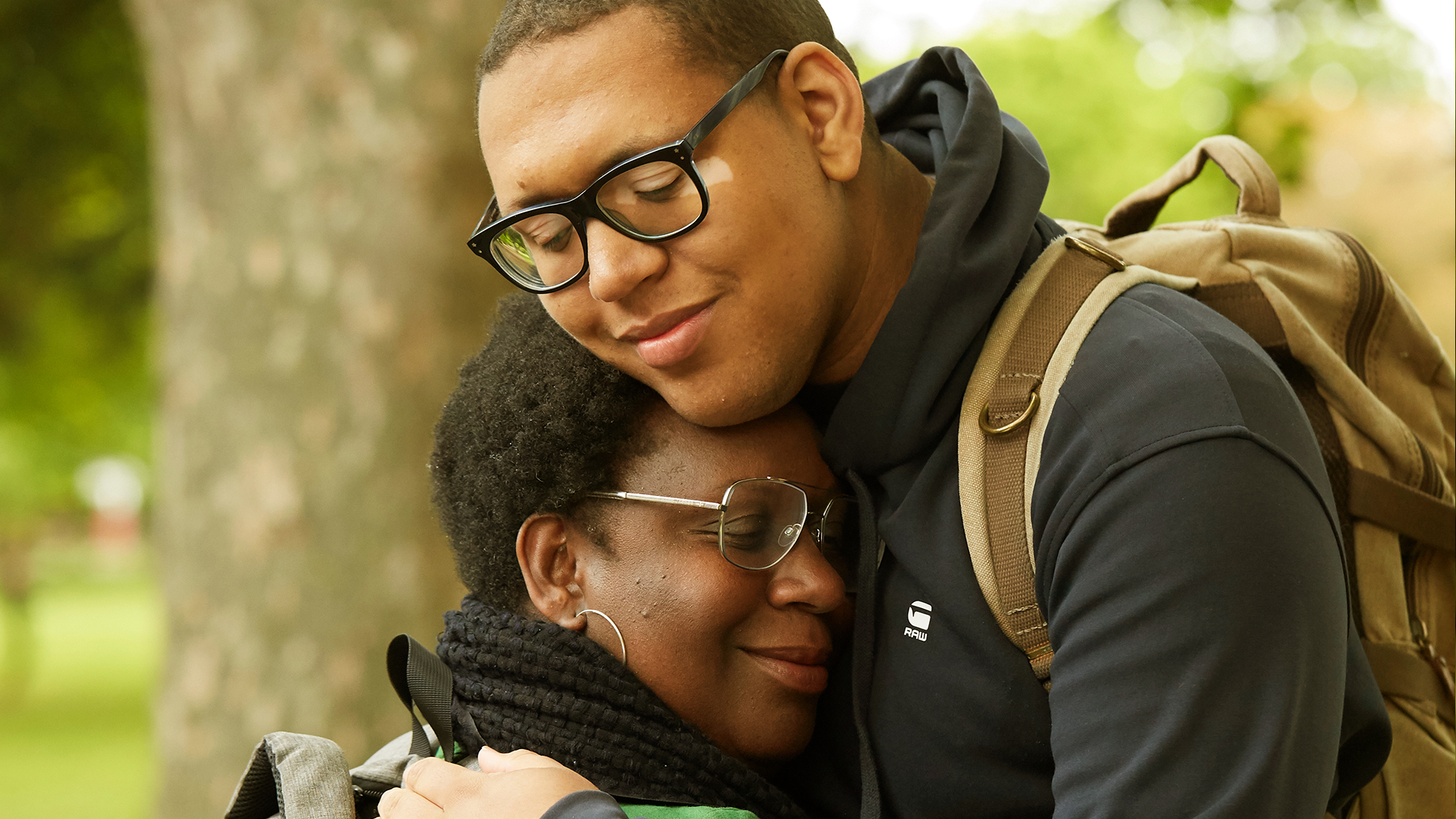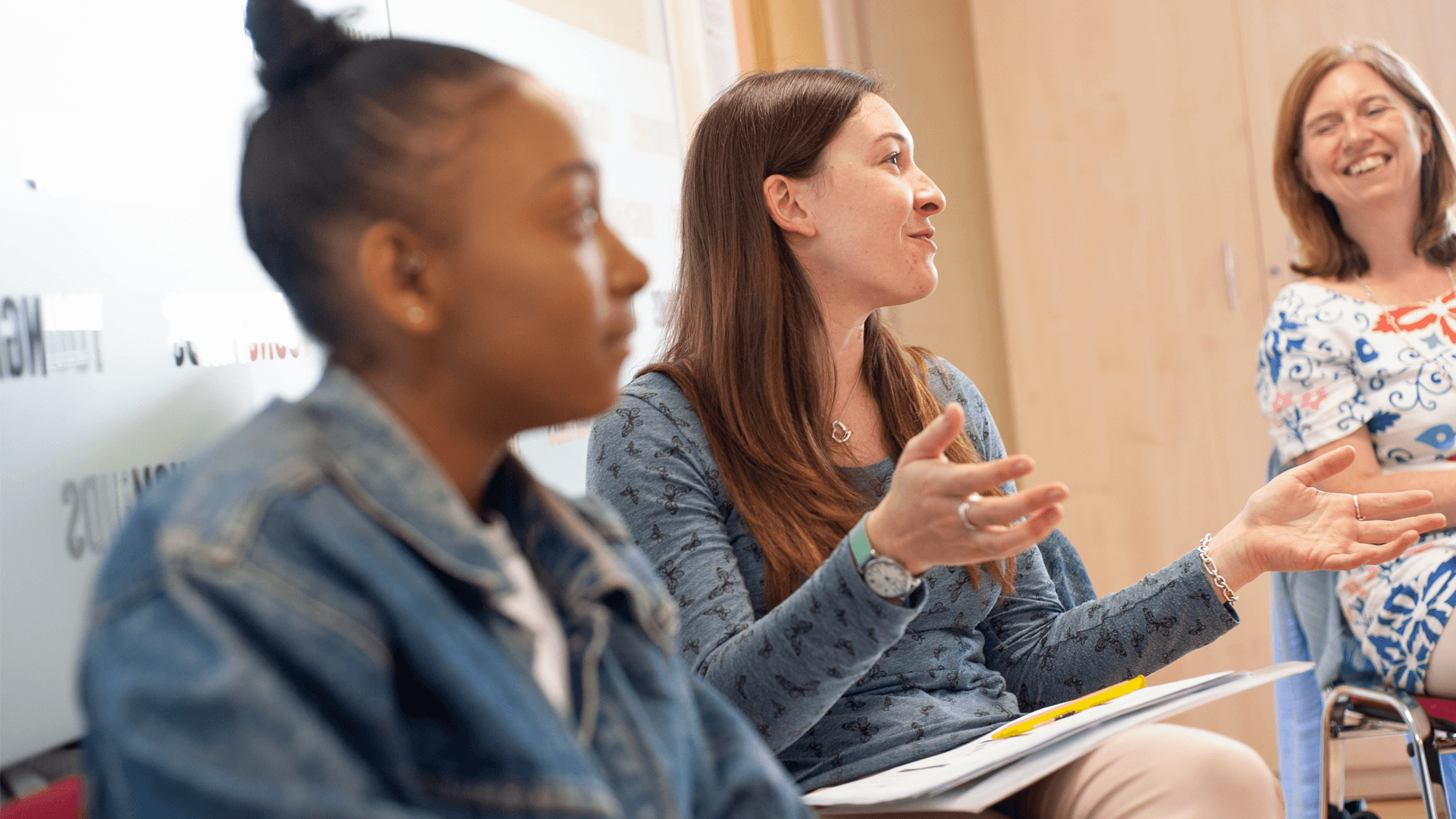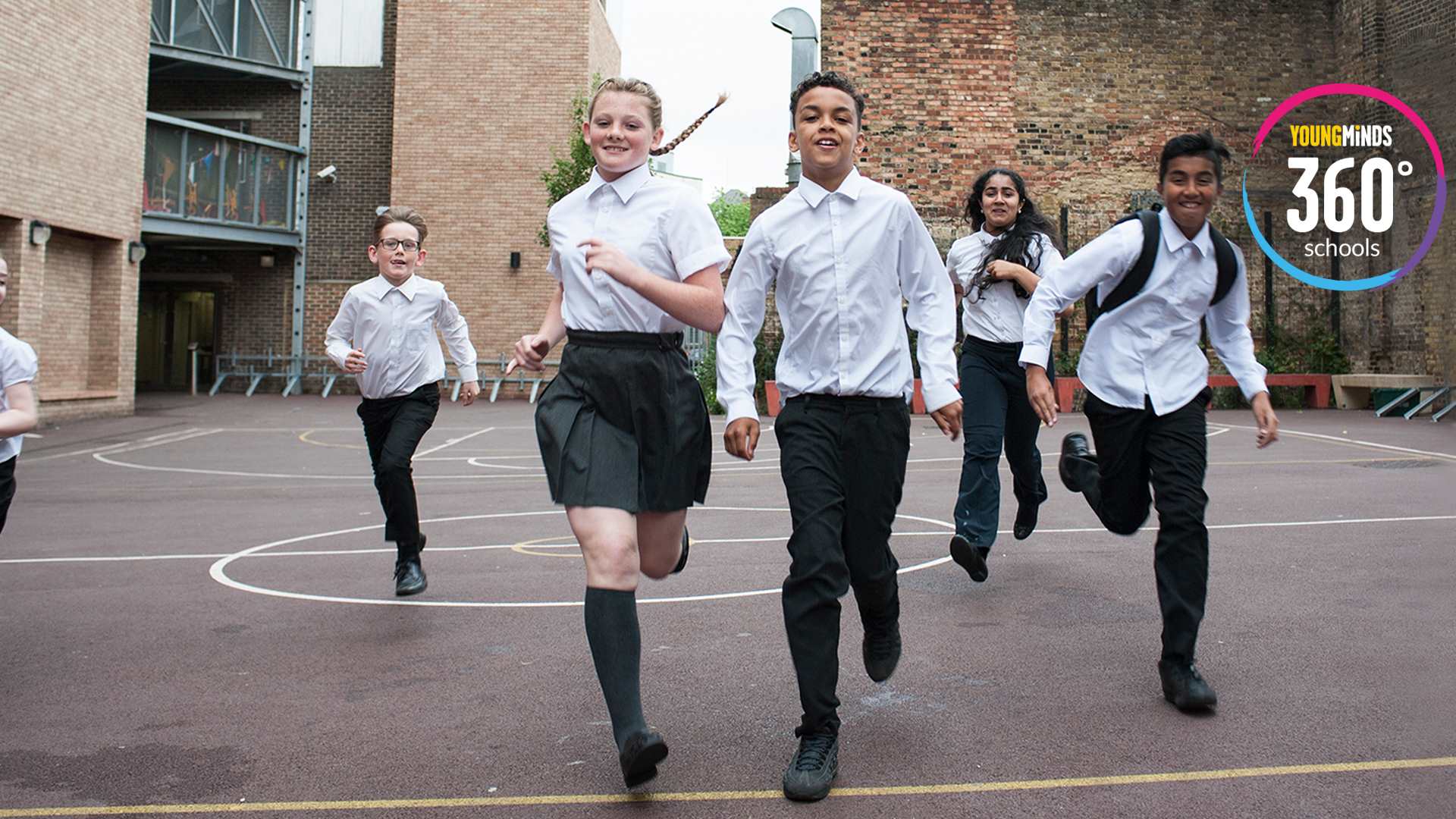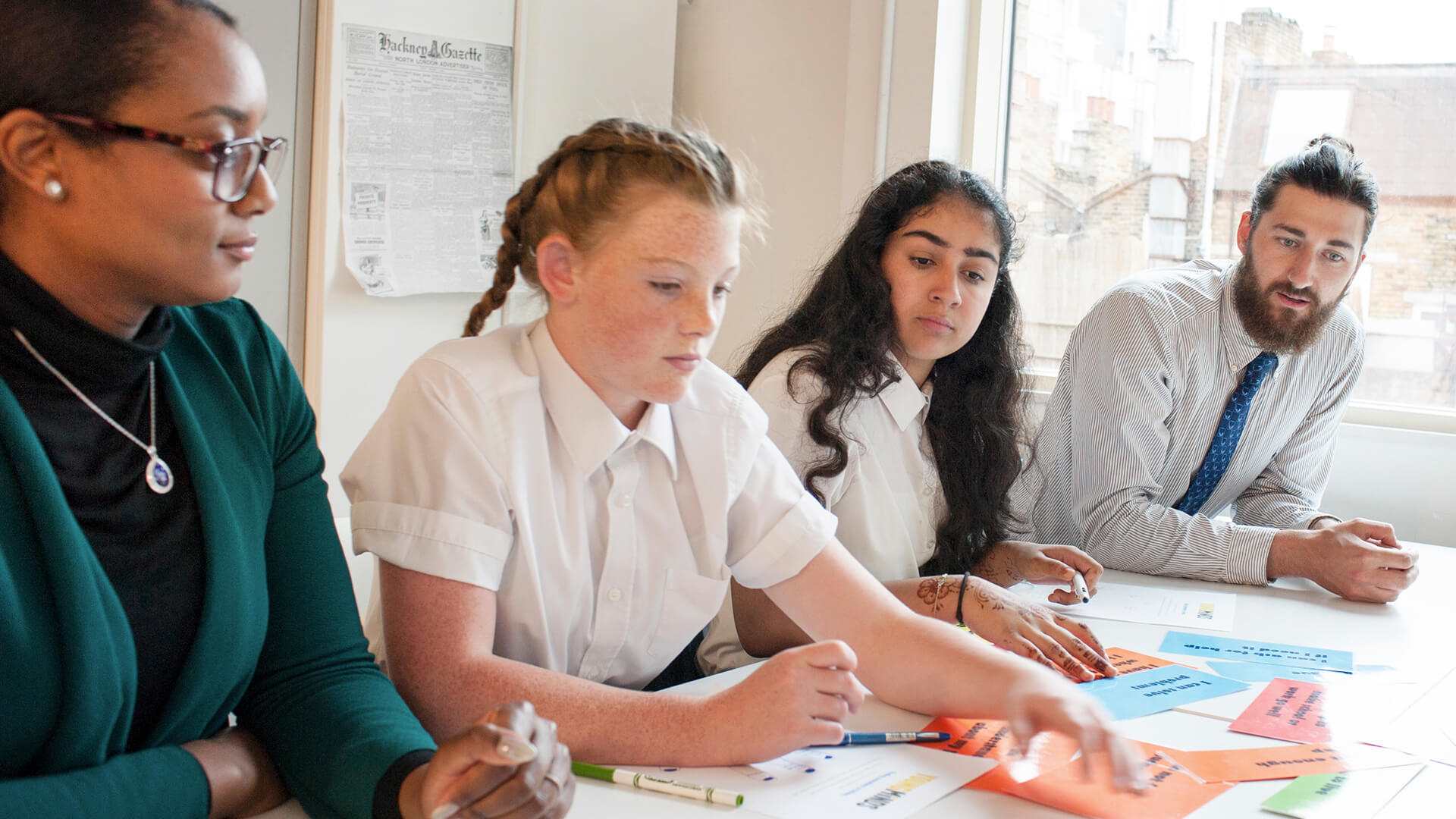Our strategic aims
-
Every young person has adults in their life who they can turn to
Every young person has adults in their life who they can turn to for help with their mental health, whether that's at home, at school or in their community.
-
Every adult who wants to help a young person, can
Every adult who wants to help a young person with their mental health can come to us to gain the skills and confidence to do so.

